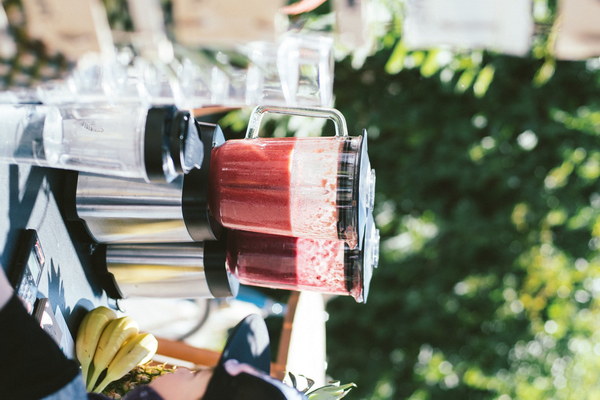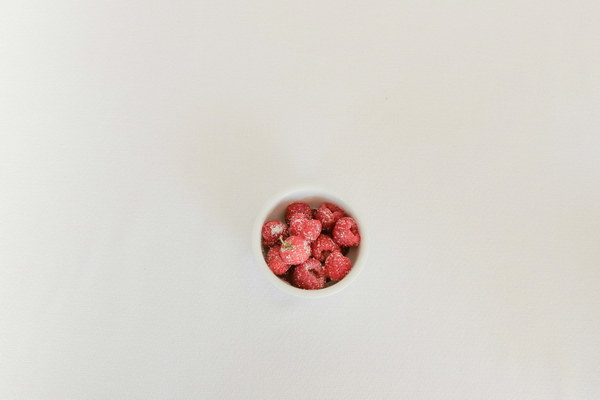Boost Your Health The Ultimate Guide to Making Effective Ginger Water for Dampness Relief
Are you constantly battling the symptoms of dampness, such as fatigue, joint pain, and a stuffy nose? If so, you may find relief in the ancient wisdom of using ginger water to combat dampness. Ginger, with its potent anti-inflammatory and diuretic properties, has been a staple in traditional Chinese medicine for centuries. In this ultimate guide, we will delve into the process of making ginger water and how it can effectively help alleviate dampness.
What is Dampness?
Dampness, also known as Damp-Heat or Dampness Syndrome, is a concept in traditional Chinese medicine that refers to an imbalance of the body's fluids. This imbalance can manifest in various ways, such as:
- Excessive sweating
- Weight gain
- Poor digestion
- Joint pain
- Fatigue
- Skin problems
The Power of Ginger
Ginger (Zingiber officinale) is a rhizome that belongs to the Zingiberaceae family. It has been used for its medicinal properties for thousands of years. Here are some of the reasons why ginger is effective in treating dampness:
- Anti-inflammatory properties: Ginger contains compounds like gingerol and shogaol, which have anti-inflammatory effects, helping to reduce joint pain and inflammation.
- Diuretic properties: Ginger can promote urine production, which can help eliminate excess fluid from the body, thereby reducing dampness.
- Digestive aid: Ginger can stimulate the digestive enzymes, improving digestion and preventing the accumulation of dampness in the body.
- Circulatory support: Ginger can improve blood circulation, which can help reduce the symptoms of dampness, such as fatigue and cold hands and feet.
How to Make Ginger Water for Dampness Relief
Here's a simple recipe for making ginger water that can help alleviate dampness:
Ingredients:

- 1-inch piece of fresh ginger
- 1 quart of water
- Optional: honey or lemon juice (for taste)
Instructions:
1. Peel and chop the ginger: Start by peeling the ginger and then chopping it into small pieces. This increases the surface area, allowing the ginger to release more of its medicinal properties.
2. Boil the water: In a pot, bring the water to a boil.
3. Add the ginger: Once the water is boiling, add the chopped ginger to the pot. Reduce the heat to a simmer and let the ginger steep in the water for about 15-20 minutes.
4. Strain the water: After the ginger has steeped, strain the water into a cup or a jar using a fine-mesh strainer or cheesecloth. This will remove the ginger pieces from the water.
5. Add sweeteners (optional): If you prefer, you can add honey or lemon juice to taste.
6. Cool and store: Allow the ginger water to cool to room temperature. Then, store it in the refrigerator in an airtight container. The ginger water can be consumed throughout the day, but it's best when it's chilled.
Tips for Using Ginger Water
- Frequency: Drink ginger water twice a day, in the morning and at night, for the best results.
- Duration: Continue consuming ginger water for at least two weeks to notice significant improvements in your symptoms.
- Combination: While ginger water is effective on its own, you can enhance its dampness-relieving properties by pairing it with other natural remedies, such as acupuncture, herbal teas, and a healthy diet.
In conclusion, ginger water is a natural and effective way to combat dampness. By incorporating this simple yet powerful remedy into your daily routine, you can experience relief from the symptoms of dampness and enjoy a healthier, more balanced life.









